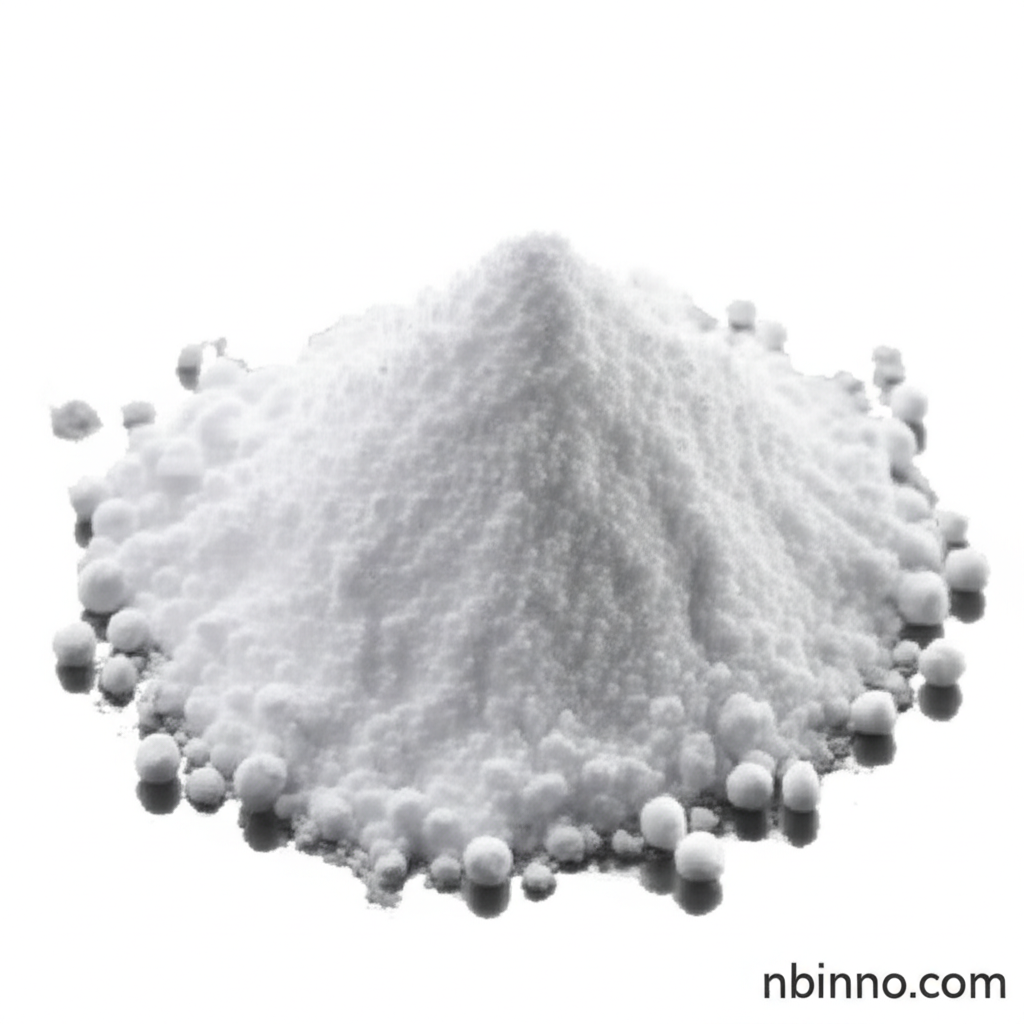Thymidine (CAS 50-89-5): A Key Deoxynucleoside for DNA Synthesis and Cell Biology Research
Discover the essential role of Thymidine in DNA replication, cell cycle synchronization, and cutting-edge biotechnology.
Get a Quote & SampleProduct Core Value

Thymidine
Thymidine is a fundamental pyrimidine deoxynucleoside crucial for DNA synthesis and genetic information storage. It serves as a building block for DNA, pairing with deoxyadenosine to form the double helix. Its unique properties make it indispensable in various biological processes and research applications, including cell synchronization and the study of DNA replication mechanisms.
- Understanding DNA synthesis and replication is critical for advancing genetic research, making thymidine a key player.
- Researchers utilize thymidine for cell synchronization, precisely controlling cell populations for accurate experimental outcomes.
- The chemical structure of thymidine allows for phosphorylation into dTMP, dTDP, and dTTP, vital for DNA metabolic pathways.
- Thymidine's role in cell proliferation assays helps scientists quantify cell growth and response to various stimuli.
Key Advantages
Biological Significance
Thymidine is an essential component of DNA, critical for storing and replicating genetic information. Its presence ensures the integrity of the genetic code during cell division, highlighting its fundamental importance in all living organisms.
Research Versatility
The utility of thymidine in cell synchronization and cell cycle analysis makes it a versatile tool for researchers, enabling precise control over experimental conditions and improving the reliability of results in molecular biology studies.
Therapeutic Potential
Modified analogs of thymidine, such as AZT, have demonstrated significant therapeutic value in treating viral infections, showcasing the broader impact of this deoxynucleoside in pharmaceutical development and human health.
Key Applications
DNA Synthesis
Thymidine is a primary precursor for DNA synthesis, essential for the formation of new DNA strands during replication and repair.
Cell Synchronization
Used in biological research to synchronize cell populations in specific phases of the cell cycle, particularly G1/early S phase, facilitating studies on cell division.
Cell Proliferation Assays
Incorporated into dividing cells, thymidine serves as a marker in proliferation assays to measure cell growth rates and responses.
Biotechnology Research
A vital reagent in molecular biology and biotechnology for various experiments, including DNA labeling, gene expression studies, and drug discovery.
